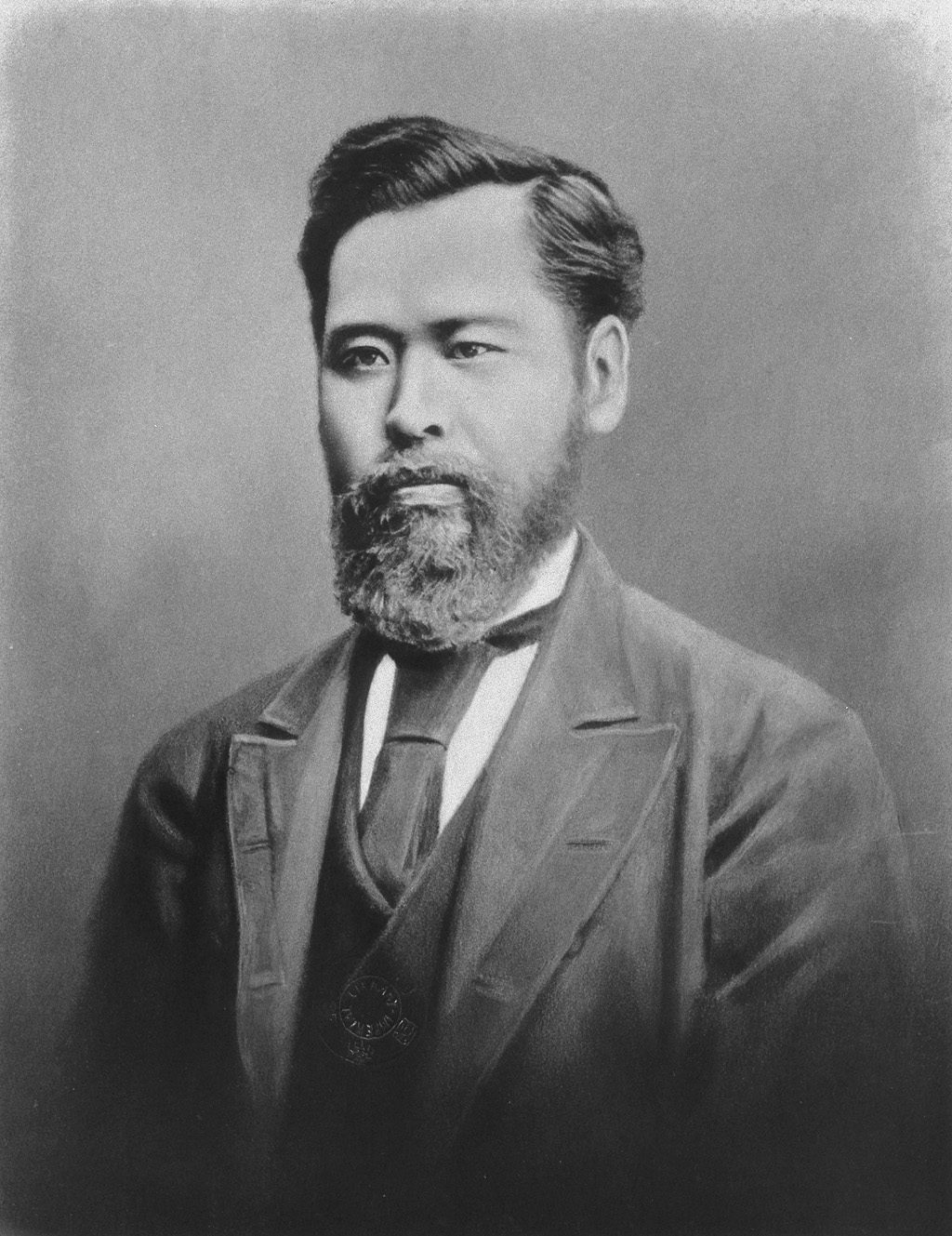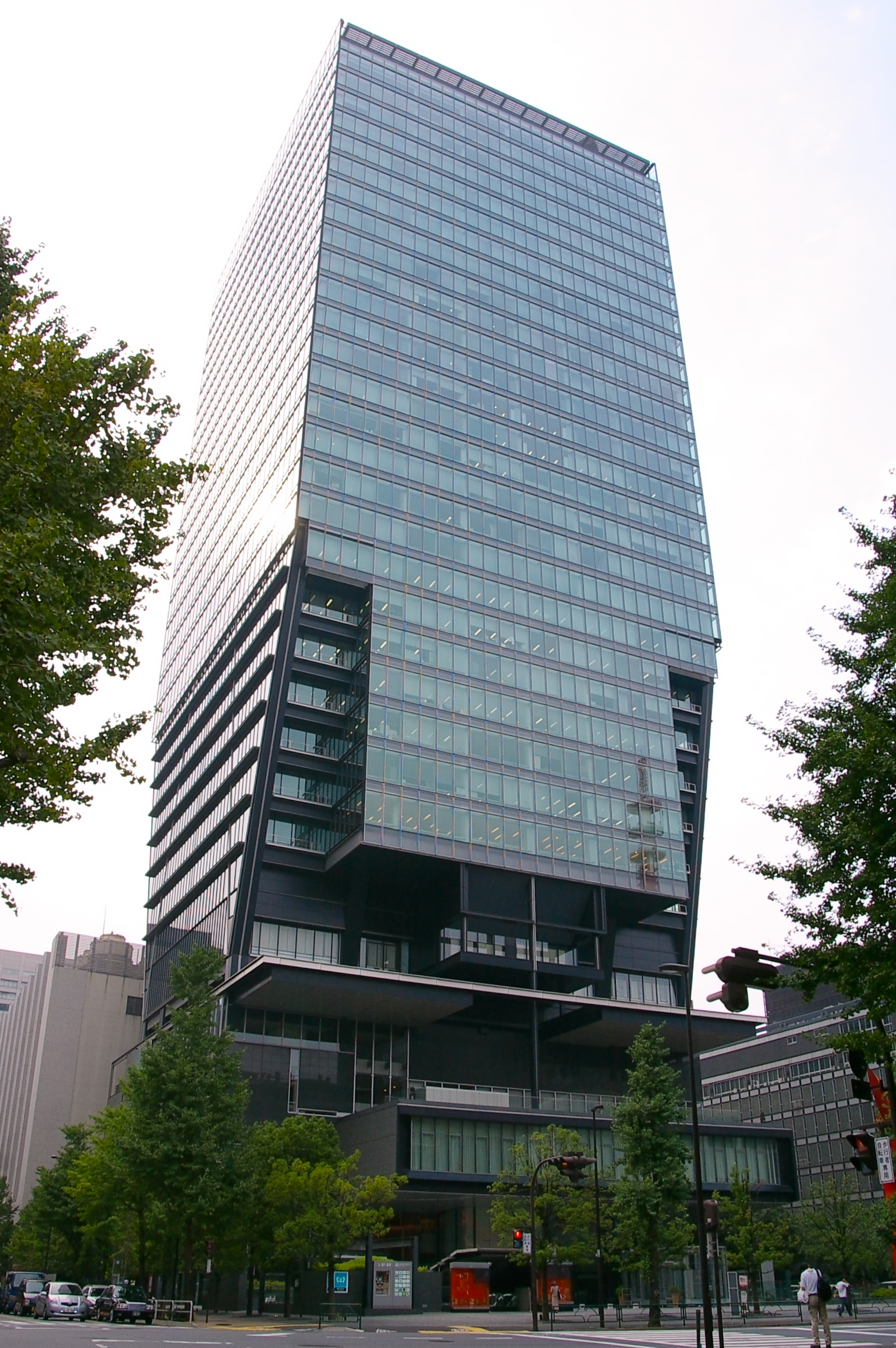|
Akira Fujiwara
was a Japanese historian. His academic speciality was modern Japanese history and he was a professor emeritus at Hitotsubashi University. In 1980 he became a member of the Science Council of Japan and was a former chairman of the Historical Science Society of Japan. Life He was born in Tokyo and after graduating from Rokuchu Tokyo Prefectural School, now Shinjuku Tokyo Metropolitan High School, in March 1940, he was part of the 55th graduating class at the Imperial Japanese Army Academy in July 1941 and the following December was deployed to North China as a trainee officer with the rank of Second Lieutenant attached to the 27th Division’s 3rd China Garrison Infantry Regiment. In March 1943 he was promoted to First Lieutenant and in April was put in charge of a company. In 1944 his division moved to a new front and participated in Operation Ichi-Go, after which he was promoted to captain. In March 1945 in the final stages of World War II he was ordered to transfer to mainla ... [...More Info...] [...Related Items...] OR: [Wikipedia] [Google] [Baidu] |
Hitotsubashi University
is a national university located in Tokyo, Japan. It has campuses in Kunitachi, Kodaira, and Chiyoda. One of the top 9 Designated National University in Japan, Hitotsubashi is a relatively small institution specialized solely in social sciences with about 4,500 undergraduate students and 2,100 postgraduate students. Established in 1875 by Mori Arinori and evolved from Tokyo College of Commerce, Hitotsubashi has been consistently ranked amongst the top universities in Japanese university rankings and considered the best in economics and commerce related subjects in Japan. It was ranked 25th in the world in 2011 by Mines ParisTech: Professional Ranking of World Universities.Classements de l'école d'ingénieurs - MINES ParisTech . Mines-paristech.fr (2012-10- ... [...More Info...] [...Related Items...] OR: [Wikipedia] [Google] [Baidu] |
Tokushi Kasahara
is a Japanese historian. He is a professor emeritus at Tsuru University and his area of expertise is modern Chinese history. Life and career He was born in Gunma Prefecture and graduated from Gunma Prefectural Maebashi High School and the department of humanities at Tokyo University of Education. He started a master's degree at the same university but did not complete it. After serving as a teacher in the faculty of education of Utsunomiya University, he has worked regularly since 1999 at the Nanjing Massacre Research Center of Nanjing Normal University as a visiting professor and, since 2000, in the same capacity in the department of history at Nankai University. He is a researcher on the Nanjing Massacre that occurred in the early stages of the Second Sino-Japanese War. Although he acknowledges that the death toll for the massacre of over 300,000 used by Nanjing Massacre Memorial Hall is a baseless overestimate, he takes the position that “between more than 100,000 and about ... [...More Info...] [...Related Items...] OR: [Wikipedia] [Google] [Baidu] |
2003 Deaths
3 (three) is a number, numeral and digit. It is the natural number following 2 and preceding 4, and is the smallest odd prime number and the only prime preceding a square number. It has religious or cultural significance in many societies. Evolution of the Arabic digit The use of three lines to denote the number 3 occurred in many writing systems, including some (like Roman and Chinese numerals) that are still in use. That was also the original representation of 3 in the Brahmic (Indian) numerical notation, its earliest forms aligned vertically. However, during the Gupta Empire the sign was modified by the addition of a curve on each line. The Nāgarī script rotated the lines clockwise, so they appeared horizontally, and ended each line with a short downward stroke on the right. In cursive script, the three strokes were eventually connected to form a glyph resembling a with an additional stroke at the bottom: ३. The Indian digits spread to the Caliphate in the 9th ... [...More Info...] [...Related Items...] OR: [Wikipedia] [Google] [Baidu] |
1922 Births
Nineteen or 19 may refer to: * 19 (number), the natural number following 18 and preceding 20 * one of the years 19 BC, AD 19, 1919, 2019 Films * ''19'' (film), a 2001 Japanese film * ''Nineteen'' (film), a 1987 science fiction film Music * 19 (band), a Japanese pop music duo Albums * ''19'' (Adele album), 2008 * ''19'', a 2003 album by Alsou * ''19'', a 2006 album by Evan Yo * ''19'', a 2018 album by MHD * ''19'', one half of the double album ''63/19'' by Kool A.D. * ''Number Nineteen'', a 1971 album by American jazz pianist Mal Waldron * ''XIX'' (EP), a 2019 EP by 1the9 Songs * "19" (song), a 1985 song by British musician Paul Hardcastle. * "Nineteen", a song by Bad4Good from the 1992 album '' Refugee'' * "Nineteen", a song by Karma to Burn from the 2001 album ''Almost Heathen''. * "Nineteen" (song), a 2007 song by American singer Billy Ray Cyrus. * "Nineteen", a song by Tegan and Sara from the 2007 album '' The Con''. * "XIX" (song), a 2014 song by Slipkn ... [...More Info...] [...Related Items...] OR: [Wikipedia] [Google] [Baidu] |
People From Tokyo
A person ( : people) is a being that has certain capacities or attributes such as reason, morality, consciousness or self-consciousness, and being a part of a culturally established form of social relations such as kinship, ownership of property, or legal responsibility. The defining features of personhood and, consequently, what makes a person count as a person, differ widely among cultures and contexts. In addition to the question of personhood, of what makes a being count as a person to begin with, there are further questions about personal identity and self: both about what makes any particular person that particular person instead of another, and about what makes a person at one time the same person as they were or will be at another time despite any intervening changes. The plural form "people" is often used to refer to an entire nation or ethnic group (as in "a people"), and this was the original meaning of the word; it subsequently acquired its use as a plural form of per ... [...More Info...] [...Related Items...] OR: [Wikipedia] [Google] [Baidu] |
Hitotsubashi University Faculty
may refer to: *Hitotsubashi, Chiyoda, a place in Chiyoda, Tokyo *Hitotsubashi Group, a publishing ''keiretsu'' *Hitotsubashi University *Gosankyō, Hitotsubashi-Tokugawa, a branch of the Tokugawa Clan *Tokugawa Yoshinobu, Hitotsubashi Yoshinobu (Keiki), the last shōgun {{disambig ... [...More Info...] [...Related Items...] OR: [Wikipedia] [Google] [Baidu] |
American Imperialism
American imperialism refers to the expansion of American political, economic, cultural, and media influence beyond the boundaries of the United States. Depending on the commentator, it may include imperialism through outright military conquest; gunboat diplomacy; unequal treaties; subsidization of preferred factions; regime change; or economic penetration through private companies, potentially followed by diplomatic or forceful intervention when those interests are threatened. The policies perpetuating American imperialism and expansionism are usually considered to have begun with "New Imperialism" in the late 19th century, though some consider American territorial expansion at the expense of Native Americans to be similar enough in nature to be identified with the same term. While the United States has never officially identified itself and its territorial possessions as an empire, some commentators have referred to the country as such, including Max Boot, Arthur M. Schlesi ... [...More Info...] [...Related Items...] OR: [Wikipedia] [Google] [Baidu] |
Motohiko Izawa
is a Japanese writer of mystery novels and historical fiction as well as a historical researcher. He was formerly a news reporter for TBS and since April 2012 has worked as a visiting professor at Shuchiin University. Career and writings Motohiko Izawa graduated from Chitose Tokyo Metropolitan High School, now Roka Tokyo Metropolitan High School, and from the faculty of law at Waseda University. While he was in university his story ''Tōsaku no Hōfuku'' ("Retaliation for Perversion") was a candidate for the Edogawa Rampo Prize. After graduation he joined TBS as a news reporter. In 1980, at the time he was working at the politics section of the news bureau, his novel ''Sarumaru Genshi-ko'' ("Illusionary Travel Around Sarumaru") won the 26th Edogawa Rampo Prize. ''Sarumaru Genshi-ko'' is a both detective fiction and a historical novel in which the protagonist mentally travels in time under the influence of medications and, in a science-fiction style twist, amalgamates with ... [...More Info...] [...Related Items...] OR: [Wikipedia] [Google] [Baidu] |
Nikita Khrushchev
Nikita Sergeyevich Khrushchev (– 11 September 1971) was the First Secretary of the Communist Party of the Soviet Union from 1953 to 1964 and chairman of the country's Council of Ministers from 1958 to 1964. During his rule, Khrushchev stunned the communist world with his denunciation of his predecessor Joseph Stalin's crimes, and embarked on a policy of de-Stalinization with his key ally Anastas Mikoyan. He sponsored the early Soviet space program, and enactment of moderate reforms in domestic policy. After some false starts, and a narrowly avoided nuclear war over Cuba, he conducted successful negotiations with the United States to reduce Cold War tensions. In 1964, the Kremlin leadership stripped him of power, replacing him with Leonid Brezhnev as First Secretary and Alexei Kosygin as Premier. Khrushchev was born in 1894 in a village in western Russia. He was employed as a metal worker during his youth, and he was a political commissar during the Russian Civil Wa ... [...More Info...] [...Related Items...] OR: [Wikipedia] [Google] [Baidu] |
Mainichi Shimbun
The is one of the major newspapers in Japan, published by In addition to the ''Mainichi Shimbun'', which is printed twice a day in several local editions, Mainichi also operates an English language news website called ''The Mainichi'' (previously ''Mainichi Daily News''), and publishes a bilingual news magazine, ''Mainichi Weekly''. It also publishes paperbacks, books and other magazines, including a weekly news magazine, ''Sunday Mainichi''. It is one of the four national newspapers in Japan; the other three are the ''Asahi Shimbun'', the ''Yomiuri Shimbun'' and the '' Nihon Keizai Shimbun''. The Sankei Shimbun and The ''Chunichi Shimbun'' are not currently in the position of a national newspaper despite a large circulation for the both respectively. History The history of the ''Mainichi Shinbun'' began with the founding of two papers during the Meiji period. The ''Tokyo Nichi Nichi Shimbun'' was founded first, in 1872. The ''Mainichi'' claims that it is the oldest existing ... [...More Info...] [...Related Items...] OR: [Wikipedia] [Google] [Baidu] |
Smoke Screen
A smoke screen is smoke released to mask the movement or location of military units such as infantry, tanks, aircraft, or ships. Smoke screens are commonly deployed either by a canister (such as a grenade) or generated by a vehicle (such as a tank or a warship). Whereas smoke screens were originally used to hide movement from enemies' line of sight, modern technology means that they are now also available in new forms; they can screen in the infrared as well as visible spectrum of light to prevent detection by infrared sensors or viewers, and they are also available for vehicles in a super-dense form used to block laser beams of enemy target designators or range finders. Technology Smoke grenades These are canister-type grenades used as a ground-to-ground or ground-to-air signalling device. The body consists of a steel sheet metal cylinder with a few emission holes on the top and/or bottom to allow smoke release when the smoke composition inside the grenade is ignited ... [...More Info...] [...Related Items...] OR: [Wikipedia] [Google] [Baidu] |
Sankei Shimbun
The (short for ) is a daily newspaper in Japan published by the It has the seventh-highest circulation for regional newspapers in Japan. Among Japanese newspapers, the circulation is second only to ''Yomiuri Shimbun'', Seikyo Shimbun, ''Asahi Shimbun'', ''Chunichi Shimbun'', ''Mainichi Shimbun'', ''the Nikkei'', Nikkan Gendai, and Tokyo Sports. This newspaper is not actually a national newspaper, but a block newspaper whose publishing area is Kansai and Kanto. However, it was classified as a "national newspaper" by the reverse course policy of the business world (Keidanren). Corporate profile The ''Sankei Shimbun'' is part of the Fujisankei Communications Group and is 40% owned by Fuji Media Holdings. The company is also the owner of Osaka Broadcasting Corporation (OBC, Radio Osaka). History The ''Sankei Shimbun'' was created by the merger of two older newspapers: ''Jiji News'' and ''Nihon Kogyō Shimbun''. ''Jiji News'' was founded in 1882 by author, translator, and jour ... [...More Info...] [...Related Items...] OR: [Wikipedia] [Google] [Baidu] |


_1938.jpg)



